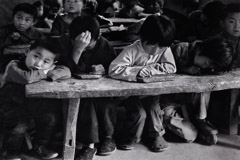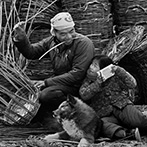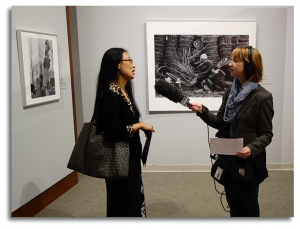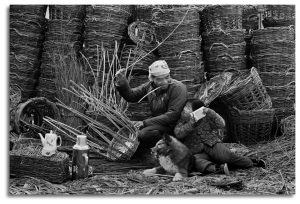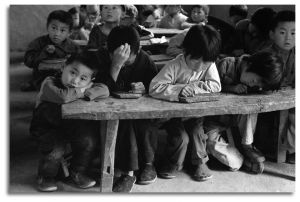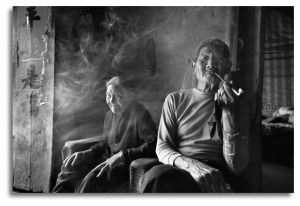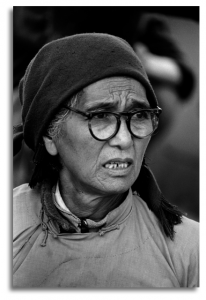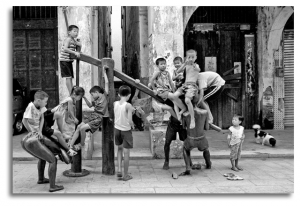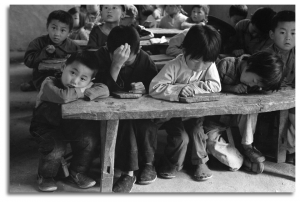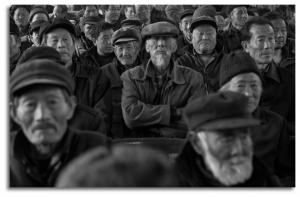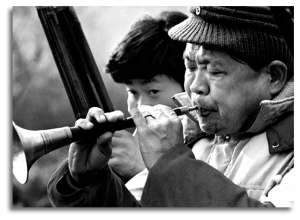Chinese Village Life
Master Photographer Zeng Yi
Zeng Yi was born in 1949 in Jinan in Eastern China and now plays a leading role in the photographic community, as an artist, educator and advocate for the medium. He has served as a curator, professor and research supervisor at Shandong College of Art and Design. He is also a member of the curatorial committee of the China Photographers Association and President of the Eastern International Photographic Art Association.
For the past twenty years, he has successfully planned and organized the National Youth Photography Festival in the International Year of Peace, Chinese Confucius Culture Photography Exhibition, First National Top Ten Young Photo-graphers Award and many other festivals and events.
In 2013, he was selected by the Chinese Minister of Culture as planning director of the Beijing International Photography Week. He also took the lead role in conducting Photo Beijing 2015.
Featured in this exhibition is the work of Zeng Yi.
Select the image below to view his complete artist page.
WABE Featured Master Photographer: Zeng Yi
Zeng Yi - The Love of Father and Daughter
Private Enterprise in Communist China
Zeng Yi - Our Classroom
Universal Education: Key to China’s Economic Success
Zeng Yi "Connects" With Carter Center Efforts
Master Chinese photographer Zeng Yi’s, The People’s China, an in-depth look at rural life in his country has a thematic link to the Carter Center’s 10-year efforts to foster democracy around the globe, said curator Sylvia Mansour Naguib, of the Jimmy Carter Presidential Library and Museum.
Meet Zeng Yi
Like a door that swings rapidly open and shut, the world has caught infrequent and fleeting glimpses of the daily lives of the Chinese people. Fortunately, renowned photographer Zeng Yi has been documenting village life, among other subjects, in the world’s most populous nation, for decades. Now more than 50 of those images will be on display in The People’s China: Village Life by Master Photographer Zeng Yi at the Jimmy Carter Presidential Library and Museum from Thursday, October 1, 2015 until January 27, 2016.READ ENTIRE ARTICLE
These images provide context for the still evolving country envisioned by Mao’s word in 1949, and they also serve as emblems of China’s rural past as it converges with contemporary urban life in the world’s second largest economy.
“I am most interested in the lives of the masses — of the ordinary people . . . These photographs show what the daily life of people was like back then. They are also testimony of the period of time when China was just beginning to open up to the outside world, which is now regarded as a significant point in history. These pictures are a souvenir of this period of time… of this part of history,” Zeng is quoted as saying in GB Times, a global network that explores China from an international perspective.
For the past twenty years, he has successfully planned and organized the National Youth Photography Festival in the International Year of Peace, Chinese Confucius Culture Photography Exhibition, First National Top Ten Young Photo-graphers Award and many other festivals and events. In 2013, he was selected by the Chinese Minister of Culture as planning director of the Beijing International Photography Week. He is will also take the lead role in conducting Photo Beijing later this year.



